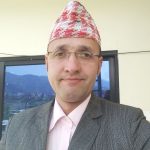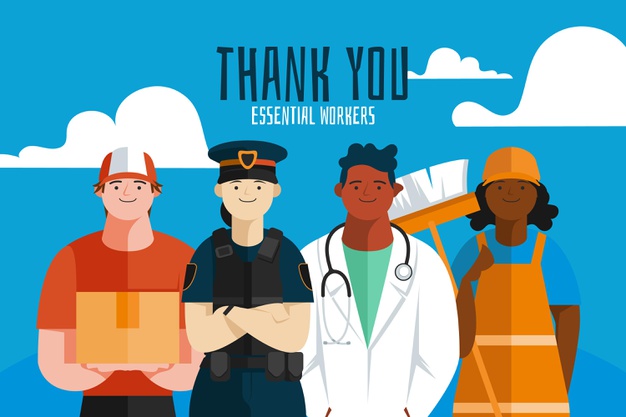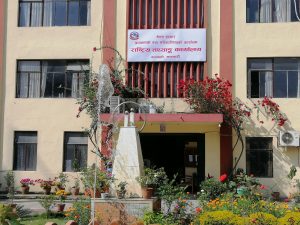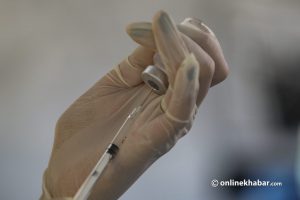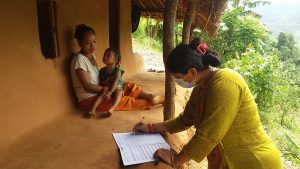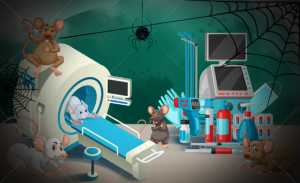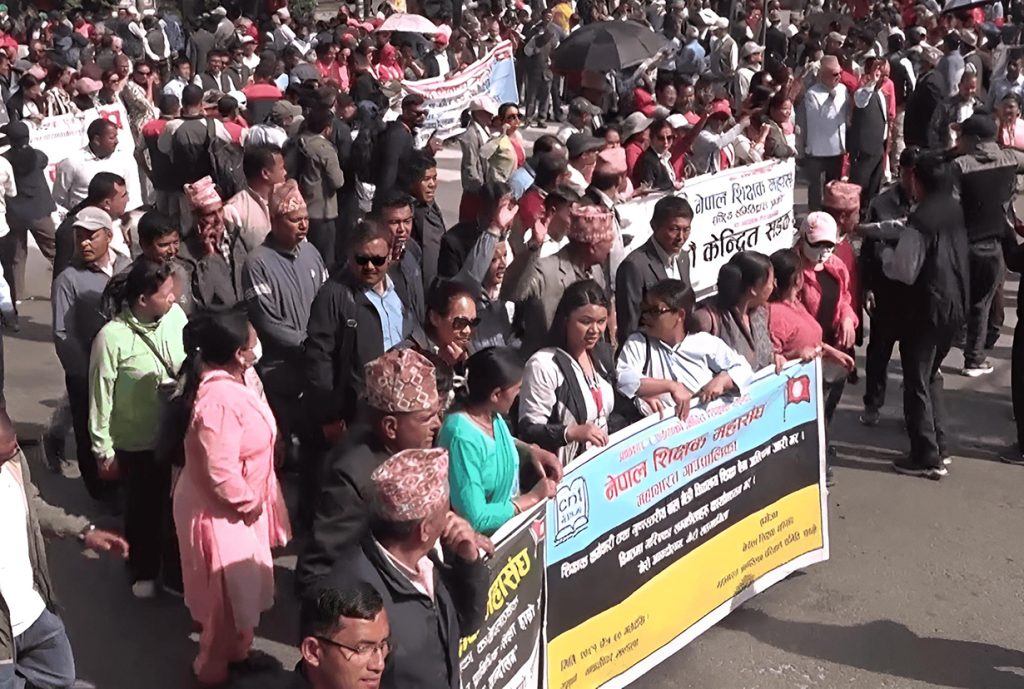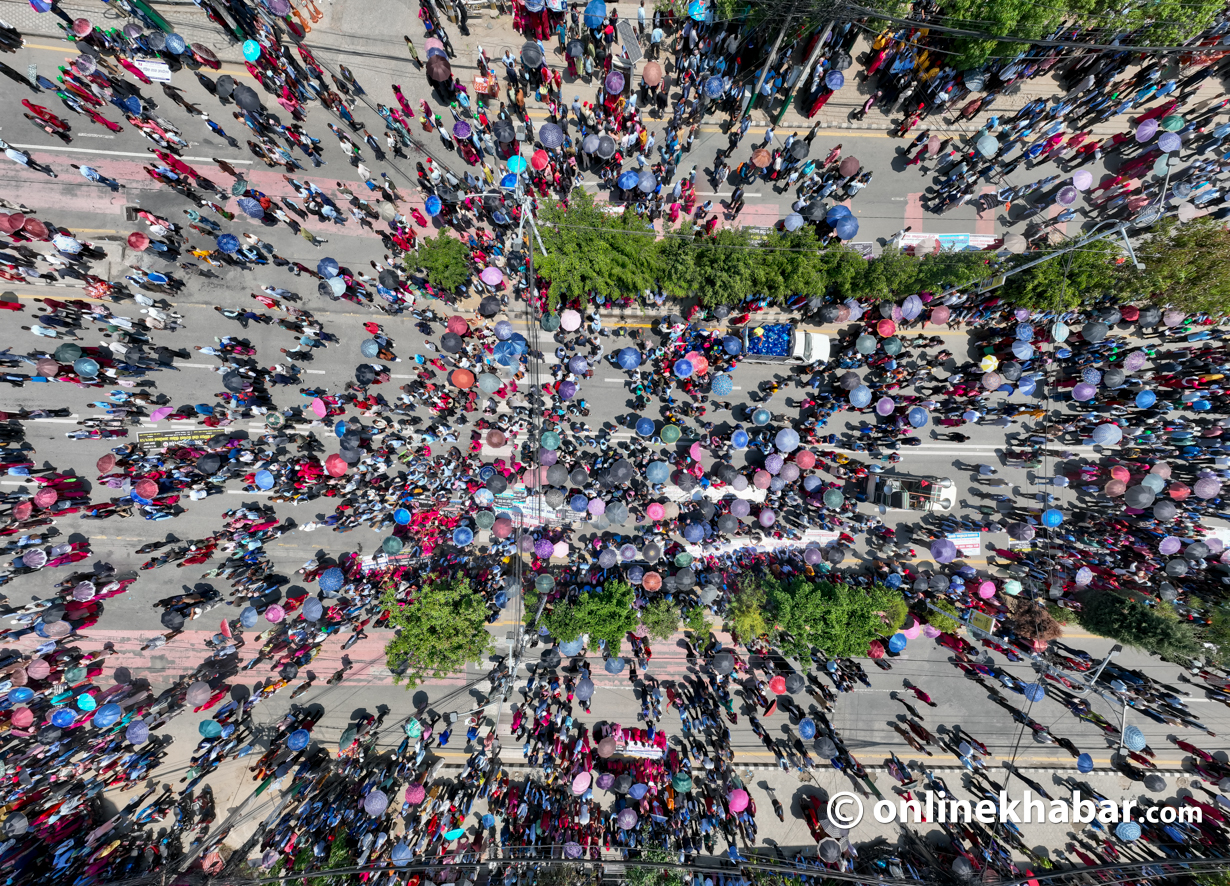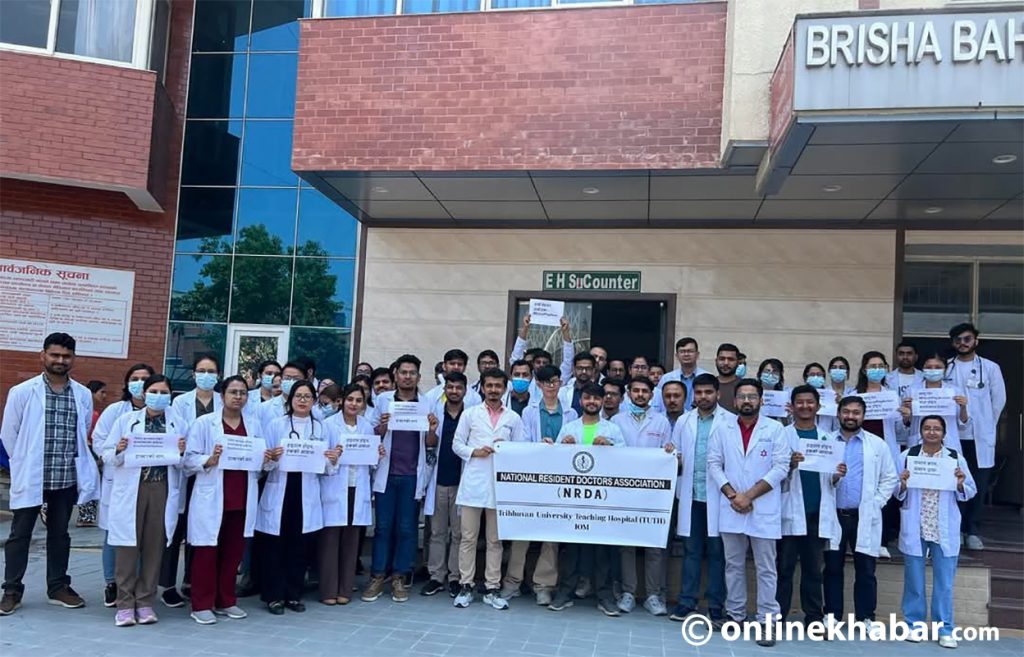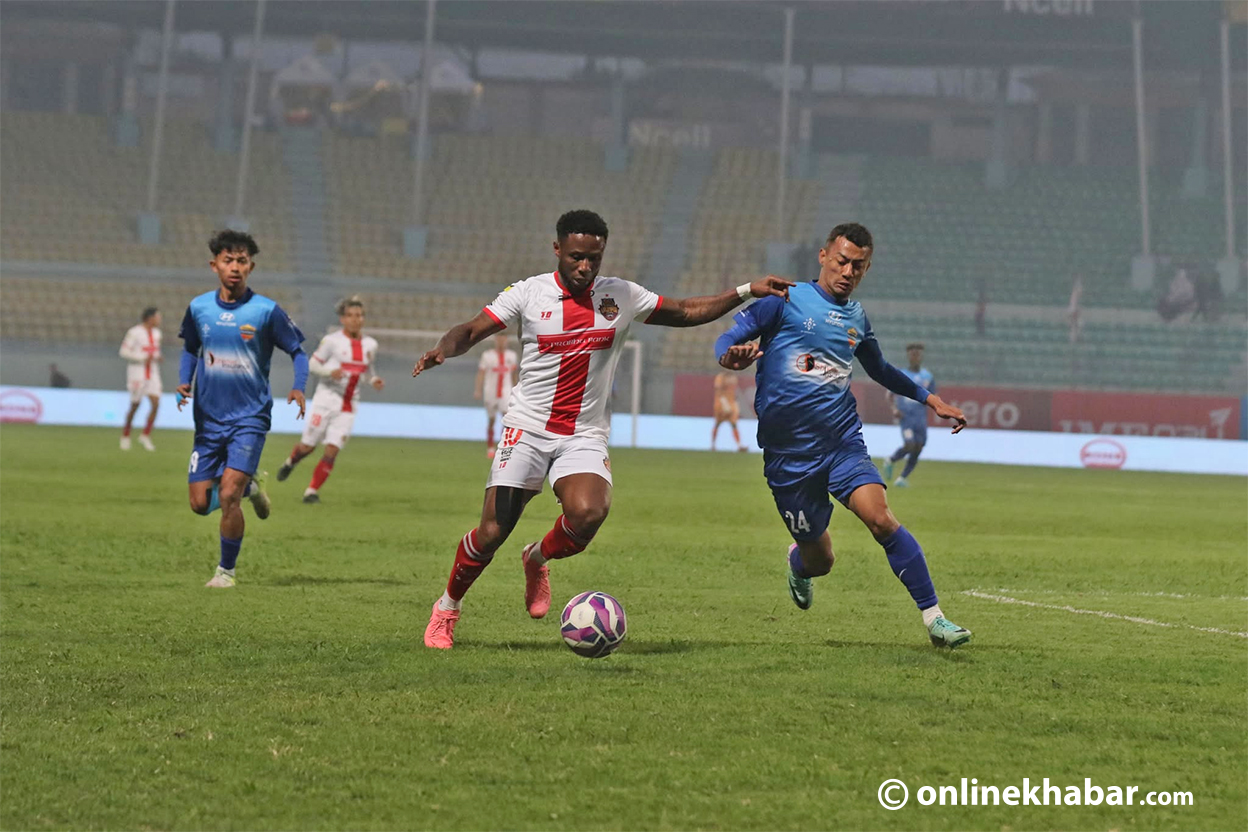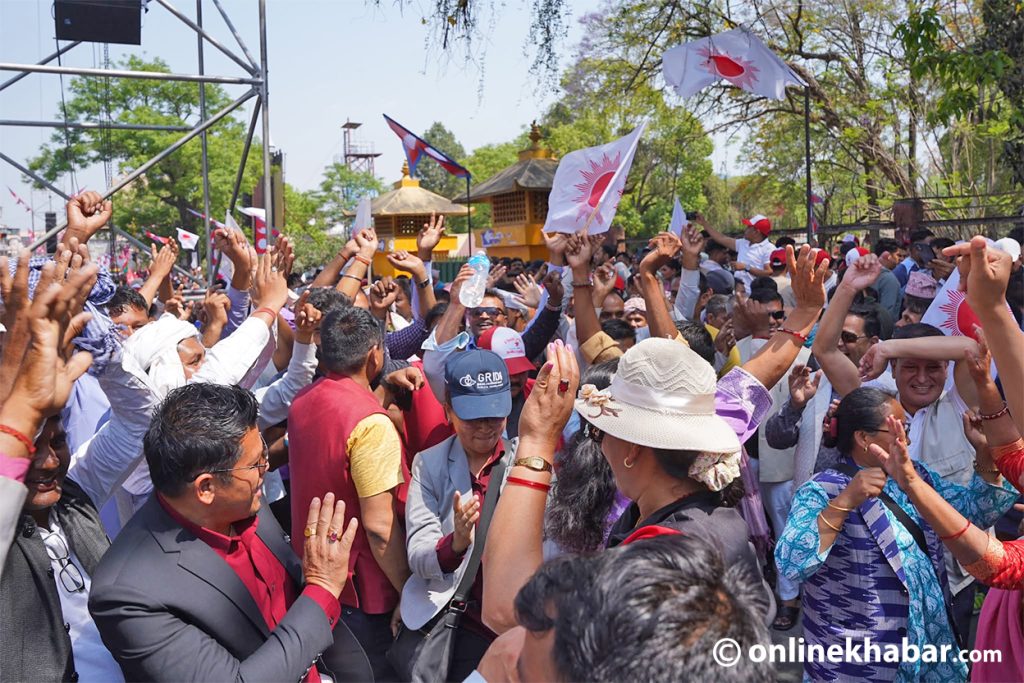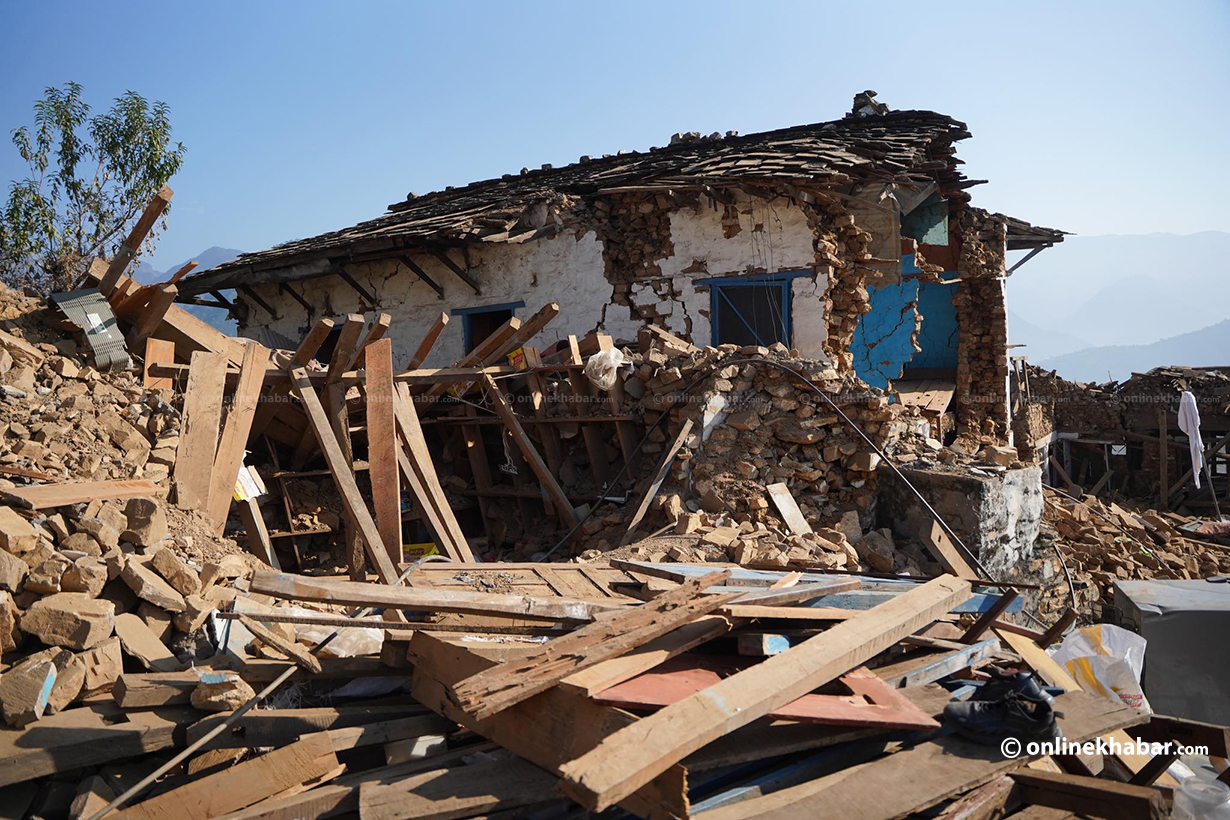The Covid-19 crisis has heartlessly plunged the world to be doomed into the highest level of inconvenience and the biggest hardship of the whole human civilisation so far. The only tool to vanquish the virus is deep self-discipline of all humans; medical science, along with other research works too, urges accordingly. However, we are evidently obsessed to find only the government disgustingly blameworthy for each action everywhere and every time. Often situation gets narrated that all others except the government are privileged to detach from responsibility and not to feel any duty on it.
Few analysts are even opining the government is intentionally distending the deadliest plague whereas some more romantically remark the government has willingly underworked to curb it. Undoubtedly, the government’s effort is not as per the need and the public can always question on. Nonetheless, it cannot be interpreted that it has fully lazed on it. Comparing the reckless rent-seeking attitude reflected through ballooning bills of private hospitals, the ultimate trust of commoners rests on public or state-owned hospitals.
Society has to pay sincere gratitude and extend respect to any professional in such a chaotic time, medical doctors and health professionals who are at the forefront. Besides them, the contribution of security personnel should not be underrated. Journalists, relentlessly striving to update the mass, should be well venerated. Many social activists have contributed worth-praising assistance on different fronts. The government has to well coordinate to uphold them with high morale and mobilise them effectively. The whole society has to commend and salute the circle paying wonderful dedication and devotion for the wellbeing of society and preserving human lives.
Who deserve gratitude?
Since the advent of this pandemic, humans across the globe surfed with a profound change in both works and lifestyles too. Most people have confined and caged self in-house, out of choice or compulsion. ‘Work from home’ and ‘virtual work systems’ have transmogrified us into an e-tribe. Baking and academic activities have hugely adopted digital delight. Researchers have revealed that work from home has relatively added performance optimisation and efficiency. A book by Fareed Zakaria, ‘Ten Lessons for Post- Pandemic World’, written no later than the climax of the first wave of Covid-19, has prognosticated that working online, against offline, could be equally appealing for many people even in normal post-pandemic life too.
But, there are some professionals who–neither with choice nor with compulsion–have any concession to stay home. They must report to the community for work, now and even later. Medical and health professionals along with security people are working hard to save humans from this brutal bacterial behemoth. Journalists too are in the frontline in a very noble quest. It is never admissible to misbehave, undermine, humiliate and/or indict illogically, try for insubordination and non-cooperation or mimic their meaningful motives. They are discharging such pious duty for society and our comfort. Despite unexpected leisure and quality family time with many of us, health and security professionals have a double-dose busy schedule. Neither they have family time, nor the family has a guarantee of safety, nor can they be certain for a time in the future. In terms of medical doctors, even the retired pool too is asked to join the service. Security people have detached themselves off from families long. Both are contributing to society and human health in mammoth magnitude.
How to express gratitude?

We are safe only owing to their workfare and dedication. In the wake of the horribly low and visibly helpless global situation, they are doing awesome. However, it is shameful and inhuman to note some unethical reactions, i.e. commuting unnecessarily, blatantly deriding the official call made in favour of public and social health, misbehaving with doctors and health professionals, and so on. Presenting arrogance that way in lieu of amity and amicability, what this society is in dire need of, discloses the bubbles of ruinous rudeness and brazen stupidity. Such steps will be sufficiently suicidal ahead for own life. Everyone should assimilate the fact.
According to a research article published in the journal ‘Scientific American Mind’ on November 6, 2012, by Emma Sepal, an associate professor at Stanford University, natural disasters or other epidemiological catastrophes unite the commoners. In times of crisis, people flourish mutual intimacy. Deep love, trust and mutual harmony should blossom this time too.
Health and non-violence are the main goals of eastern philosophy. Violence is not just causing physical pain or abuse. Harming mental health and casting anti-social behaviour is the most heinous form of violence. It destroys the culture of ‘Basudhaiba Kutumbakam’.
When we read history, we bow down to the people who gave their lives for the country. The ground and format of sacrifice for the country were quite different in the past. Author Daniel Yergin’s book ‘The New Map’ says that the future now will be challenged with issues such as the environment, climate and global epidemics. Thus, today, the process of sacrificing for the improvement of the country and society has vastly differed. But, the desire and the sacred purpose of getting the society more progress-oriented and secured, owing to their contribution, has not altered. The goal of contribution has remained alike. Passengers have changed, routes have changed, travel style has changed but the destination is the same, the motif has not changed.
As a country evolves from a police state (especially a state interested in border expansion) to a welfare state (caring about the wellbeing and quality of life of the public), the pattern of contribution to the country also undergoes a sea change. At present, that sacrifice is being understandably unleashed by health workers and security personnel. They have risked their lives for the country and society. We should bow down, express great love and immense thankfulness to them.
Let’s be self-disciplined and dutiful. Let’s pass positive support to security and health workers. Let’s respect and co-operate with them. Let’s try to keep their morale high. Let’s not forget the fact that only their compassion and contribution will keep us safe for the rest of our lives. Let’s pay gratitude to the great guards who are here to garrison and ground down this grim and grave danger and save us.


